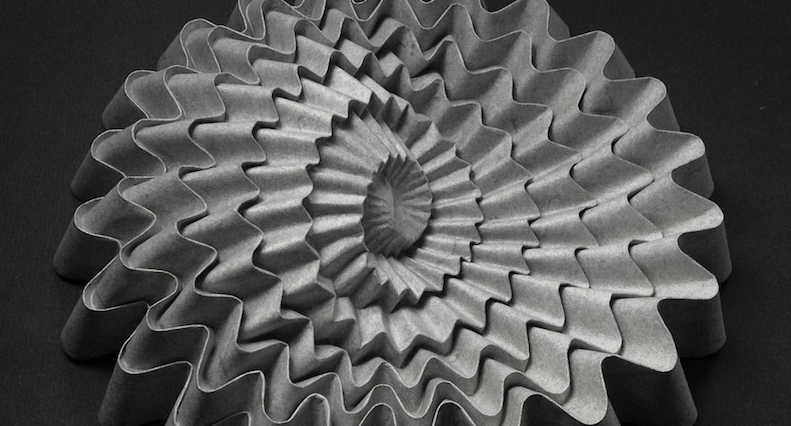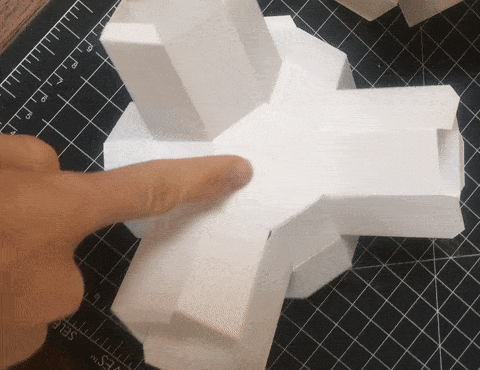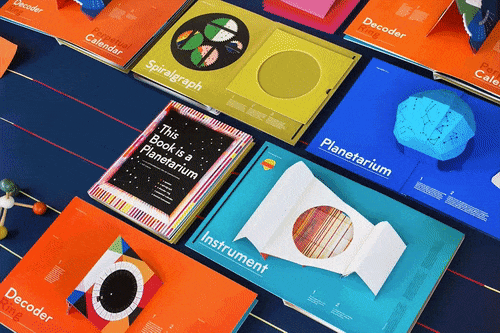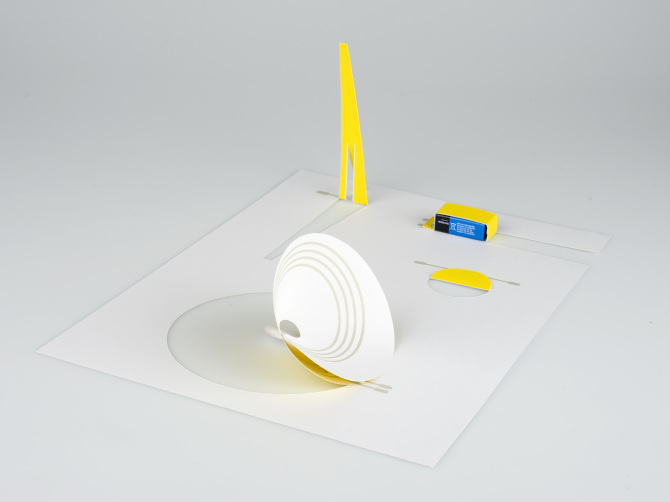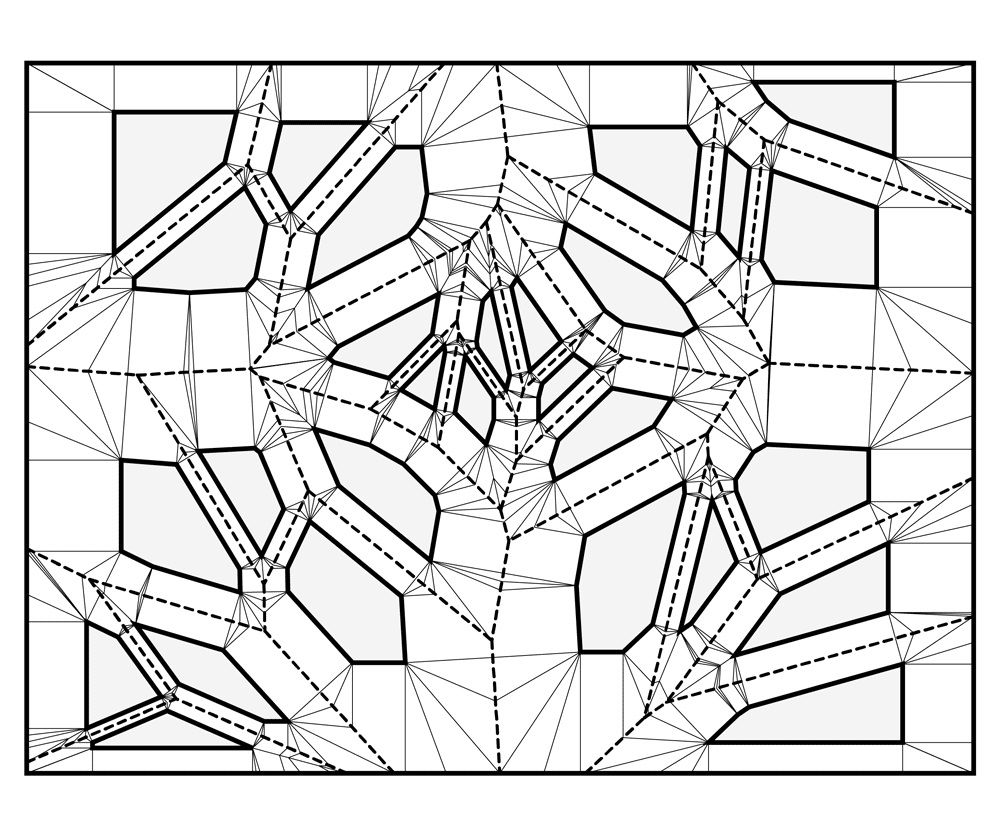I threw together this collection of classic paper mechanisms as a teaching tool for a class I co-organized (with Robby Kraft) at the School for Poetic Computation on the topic of paper as tech. (A description follows.)
I put these functional, foldable structures together in a collection so that our class might develop new ideas from the same starting point of "classical" paper-engineering knowledge. These fundamental structures are scattered between the non-overlapping disciplines of origami, compliant mechanisms, pop-up books and the study of Victorian papercraft. They originate from sources as disparate as Troublewit performance props, pre-television paper-based entertainment (Meggendorfer, etc), and NASA. Because the templates necessary to build, study, and evolve these mechanisms have not yet been digitized, I felt that the dielines on my computer would do better (and lead to more interest in this subject matter) in the creative commons.
— Kelli
